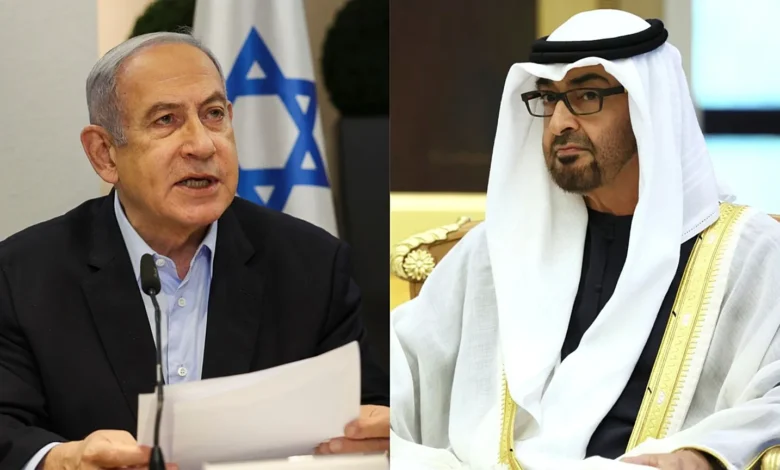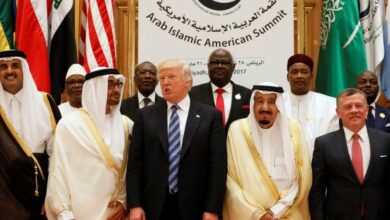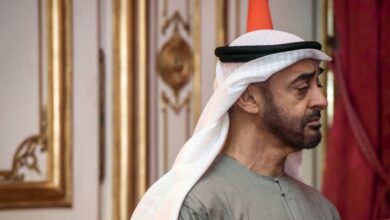Report: UAE Diplomacy on Trial – Between Israeli Ties and Gaza Aid
Report: UAE Diplomacy on Trial – Between Israeli Ties and Gaza Aid

Introduction
The United Arab Emirates (UAE) has long presented itself as a visionary actor shaping a “New Middle East” through high-level diplomacy, economic prowess, and strategic alliances. But in the wake of Israel’s war on Gaza — with over 40,000 Palestinians dead and millions displaced — the UAE’s dual role as both an ally of Israel and a patron of humanitarian aid has reached a breaking point.
A Balancing Act: Normalization and Occupation
In 2020, the UAE became the first Gulf country to normalize relations with Israel under the US-brokered Abraham Accords. The Emirati government sold the move as a way to “prevent annexation” and to influence Israel toward peace.
But since then, Israel has accelerated illegal settlement expansion in the occupied West Bank, launched repeated attacks on Gaza, and maintained its 18-year blockade — all while UAE-Israel trade surged by 43% in 2024, reaching €2.76 billion.
More than 600 Israeli companies now operate in the UAE, and during the height of the Gaza war, UAE was the only country to maintain direct flights to and from Tel Aviv.
Humanitarian Optics
Following Israel’s full-scale assault on Gaza starting in October 2023, the UAE launched its “Gallant Knight 3” campaign — providing field hospitals, airdrops, and medical evacuations. In January 2024, Abu Dhabi doubled its UNRWA funding when many Western donors suspended theirs.
It also announced a water pipeline from Egypt into Gaza and hosted thousands of wounded Palestinians in Abu Dhabi’s “Humanitarian City.”
Yet critics note a glaring contradiction: the UAE funds humanitarian relief for victims of the very state it deepens trade and defense ties with. “The same hands offering aid help normalize the machinery of war,” said one former Emirati diplomat anonymously to Dark Box.
Political Calculations & Pressure Points
In February 2025, after Netanyahu and Trump unveiled a proposal to turn Gaza into a “Riviera” with 2 million Palestinians relocated abroad, UAE Ambassador Yousef Al Otaiba expressed support at the World Government Summit. The statement caused international uproar, forcing state media to later affirm UAE’s opposition to forced displacement.
Behind the scenes, however, the UAE continues to host Palestinian figure Mohammed Dahlan — long seen as a possible post-Abbas alternative — in moves viewed by analysts as undermining the Palestinian Authority and promoting compliant leadership.
Tensions with the Public
While official UAE discourse champions “coexistence,” domestic realities are starkly different. Pro-Palestinian protests are banned. Even during COP28 in Dubai, organizers clamped down on Palestinian solidarity events.
Public dissent simmers. “We are dancing on a volcano,” said one UAE academic. “How long can leaders call this diplomacy, when millions see it as betrayal?”
Conclusion
The UAE’s foreign policy is under pressure. Its ambition to be a stabilizing force and humanitarian actor is increasingly viewed through the lens of realpolitik and complicity. As the war in Gaza drags on, Abu Dhabi must reckon with the price of its alliance with Tel Aviv — not just diplomatically, but morally.




